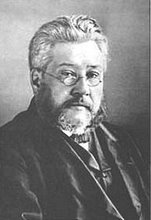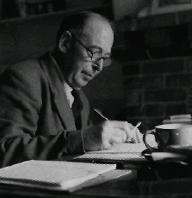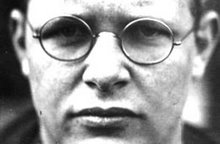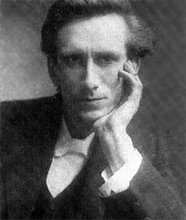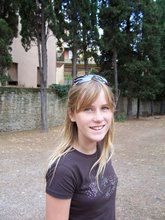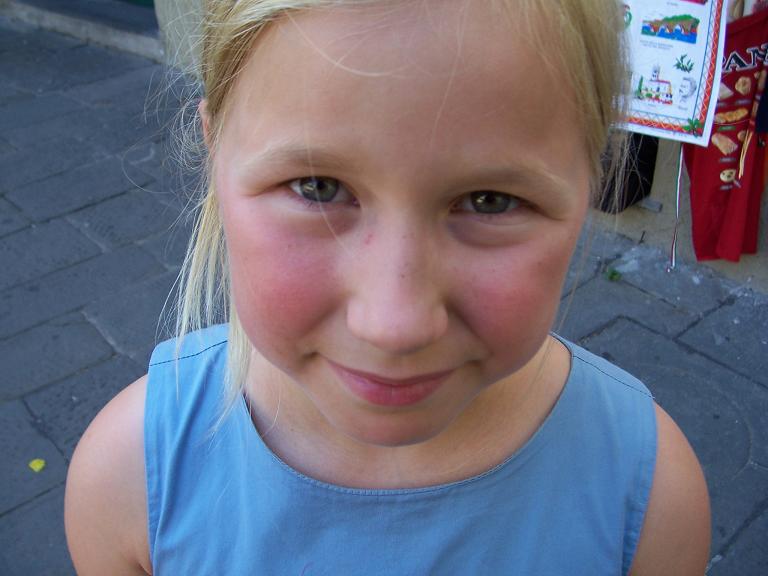Too Good to be True
 I just found out that the amazing 'true' love story of Herman and Roma Rosenblat is a fabrication... I've blogged about this story here and I even received the manuscript from the USA because I was considering to buy the Dutch language rights for our publishing house in Amsterdam. But now I am glad that I decided not to go ahead with this, because this romantic love story turns out to be fake!
I just found out that the amazing 'true' love story of Herman and Roma Rosenblat is a fabrication... I've blogged about this story here and I even received the manuscript from the USA because I was considering to buy the Dutch language rights for our publishing house in Amsterdam. But now I am glad that I decided not to go ahead with this, because this romantic love story turns out to be fake! At Ark Media we did have a look at the manuscript, but because we are a Christian publishing house, we decided not to translate it - due to a lack of Christian content. I didn't question the story itself and didn't have any doubts about the credibility of this man.
But this is what I just read on the BBC NEWS website - "A US publisher has cancelled publication of a Holocaust memoir after its author revealed that he had made up crucial parts of it. Herman Rosenblat did survive a German concentration camp, but he did not fall in love with a girl who threw him food over the fence, as stated in the book. Instead, he met her on a blind date in New York and married her 50 years ago.
His book, Angel at the Fence, came under public scrutiny after a number of scholars questioned important details. The fabricated story says that when Rosenblat moved to New York after the war he met Roma Radzicki by chance and discovered she was the girl who had thrown apples and bread to him. They fell in love and married.
But some questioned Rosenblat's descriptions of Schlieben - a sub-camp of Buchenwald - and said it was impossible to throw food over the fence there."
To be honest, I do feel disappointed because I did like the story and thought that this was one of those examples that some things in life are just too extraordinary to be deemed 'coincidences'. But this fabricated story really turns out to be 'too good to be true' and it is sad that people are willing to tell and write lies, just to spice things up a bit (and earn some extra money on the side, I guess...).
His book, Angel at the Fence, came under public scrutiny after a number of scholars questioned important details. The fabricated story says that when Rosenblat moved to New York after the war he met Roma Radzicki by chance and discovered she was the girl who had thrown apples and bread to him. They fell in love and married.
But some questioned Rosenblat's descriptions of Schlieben - a sub-camp of Buchenwald - and said it was impossible to throw food over the fence there."
To be honest, I do feel disappointed because I did like the story and thought that this was one of those examples that some things in life are just too extraordinary to be deemed 'coincidences'. But this fabricated story really turns out to be 'too good to be true' and it is sad that people are willing to tell and write lies, just to spice things up a bit (and earn some extra money on the side, I guess...).





.jpg)




